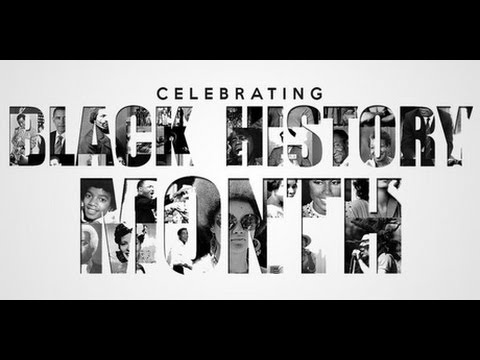(Akiit.com) Every February, the Black community takes the opportunity to learn about the achievements of our people. We read, study, and watch documentaries about Black historical figures. We have panel discussions, seminars, and make the connection between the struggles of the past, and the opportunities of the present. Invariably, every year, the question arises if this time of historical observation is passé. The approach of teaching Black history and Black accomplishments in some cases has become one-dimensional, causing a sense of false familiarity with all that we are. These internal discussions are necessary and can broaden the scope of the conversation.
At this time, it is important to recognize the social and political climate that we are in, and how it plays a role in how we regard our history. As we have seen in the past few years, a controversy that emerged around “The 1619 Project” report has touched off a discussion about critical race theory. Critical race theory is not some sinister ideology, but merely a way of understanding the inequalities and systemic racism that endures in the United States. The attempt to reckon with America’s foundation has provoked much ire, from some new politicians with old ideas. Some have even gone so far as to project their emotional distress over this matter into proposed legislation.

The new Republican governor of Virginia, Glenn Youngkin, has quite literally made the struggle against critical race theory his first order of business. In the first of 11 executive orders, Youngkin has targeted what conservatives deem as “the use of divisive concepts” in public education. By decree, conservative forces have likened the teaching of a fuller view of American history to political indoctrination.
In another example of retrograde legislation, Florida Governor Ron DeSantis has backed a bill that protects people from being “uncomfortable” from material that addresses racial disparities. Instead of critical thinking and addressing social inequality, this act promotes the exaltation of feelings over facts. The truth of how this country came to be is offensive to some, and this is a way of suppressing it.
In the face of these developments, how can anyone ask if we still “need” Black History Month? We are in a moment of reaction which threatens not just what is allowed to be taught in public institutions, but also a nascent movement away from addressing any social disparities. The backlash against teaching actual history is a stone’s throw away from book burning. This is a time of reaction, and we should be mindful about not willfully participating in our erasure.
There are times when you don’t realize what you have until it is taken away from you. Those who attempt to codify these untruths will not relent, and neither should our pursuit of understanding what was, to change what is. Pan Africanist writer and historian John Henrik Clarke once said that “history is a clock that people use to tell their political and cultural time of day.”
As we begin this Black History Month in 2022, it is important to keep all of this in mind.
Columnist; Marc Polite
Official website; https://twitter.com/marcpolite









Leave a Reply